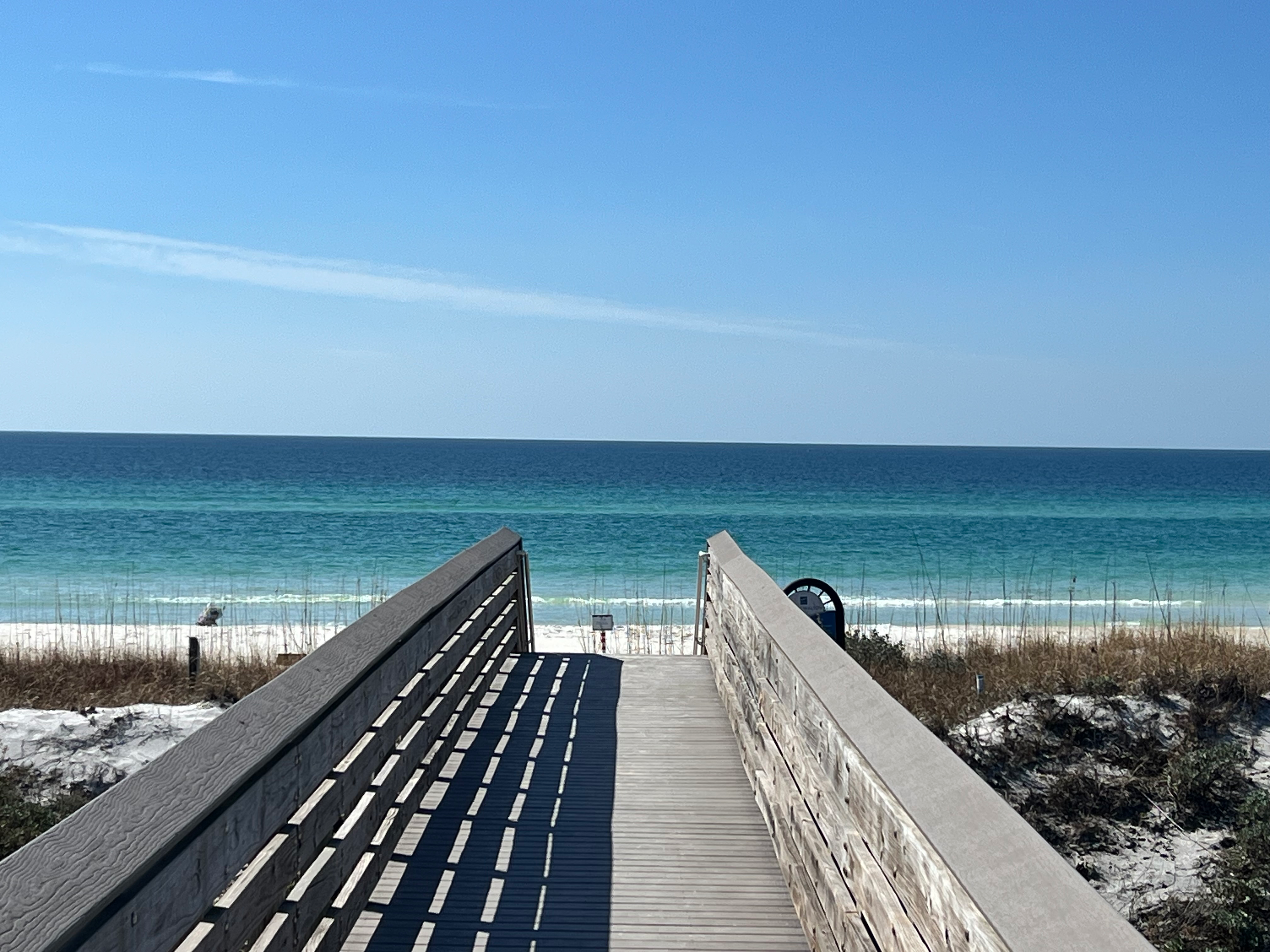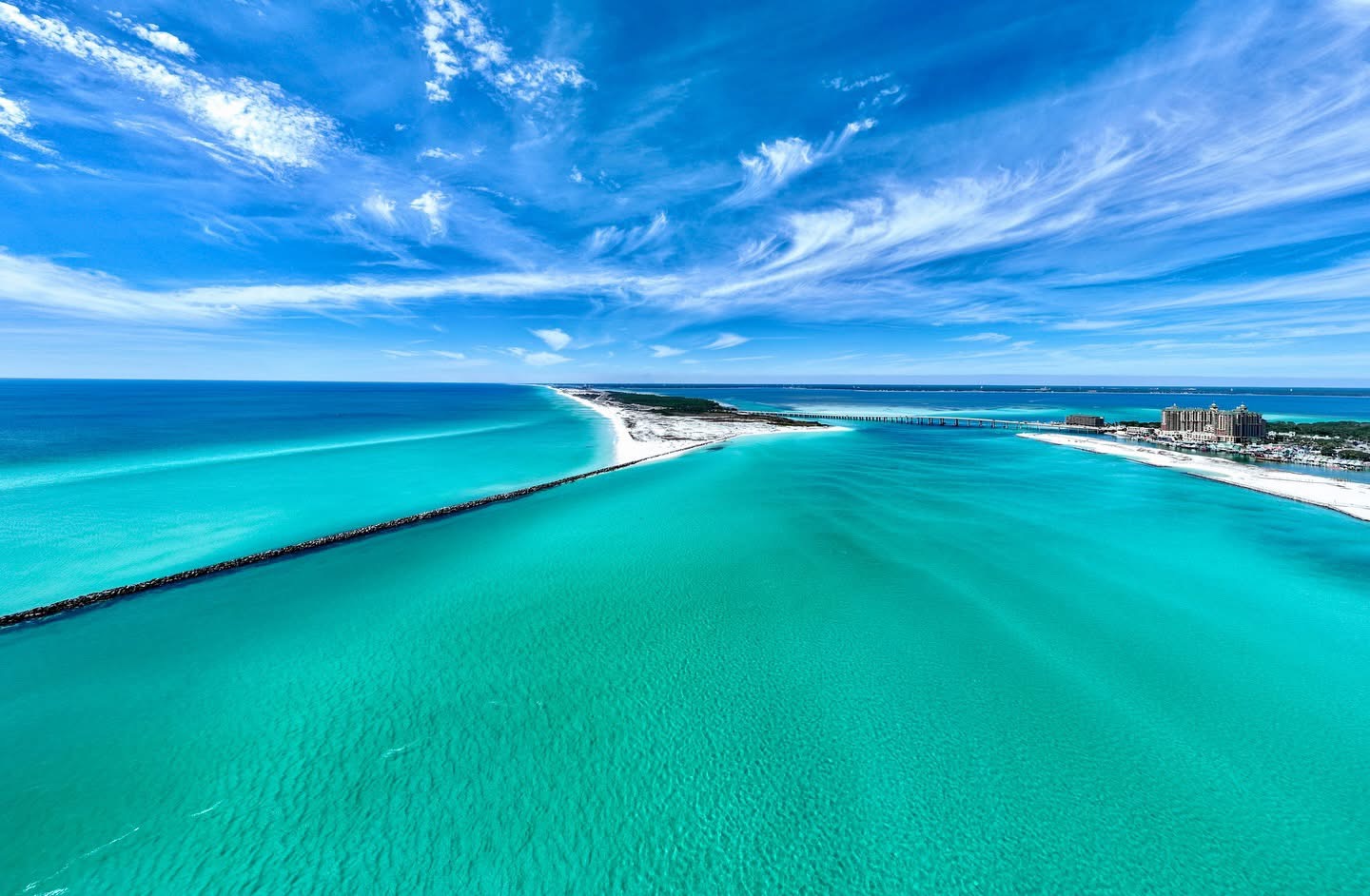Living Near the Coast May Add Years to Your Life
A groundbreaking study from The Ohio State University College of Public Health, recently highlighted by Florida Realtors, has found a strong connection between coastal living and longer lifespans.
People who live within 30 miles of the ocean—including Florida’s scenic Gulf Coast—tend to live one year or more longer than the national average of 79 years. That means many coastal residents are enjoying active, healthy lives well into their 80s.
For those considering a move to Florida’s famed Scenic Highway 30A, this research offers another reason to put down roots near the sand and surf.
Why Coastal Living Promotes Longevity
Researchers analyzed factors ranging from climate to income to understand why the coast has such a positive impact on health.
1. Milder, Healthier Climate
Coastal areas experience fewer extreme heat days and benefit from cooler summer highs and warmer winter lows. Along 30A, breezes from the Gulf of Mexico keep temperatures comfortable and reduce heat-related health risks.
2. Cleaner Air Quality
Ocean breezes help disperse pollutants, making air fresher and cleaner. In areas like Rosemary Beach and Seagrove, residents breathe fewer airborne toxins than those in urban inland cities.
3. Built-In Recreation & Activity
From beach walks at Grayton Beach State Park to paddleboarding on Western Lake, 30A offers endless opportunities to be active outdoors—boosting both cardiovascular health and mental well-being.
4. Walkable, Connected Communities
Neighborhoods like WaterColor and Alys Beach feature pedestrian-friendly designs, bike paths, and easy access to shopping and dining, encouraging an active daily lifestyle.
5. Economic & Healthcare Access
Many coastal areas have higher median incomes, better healthcare facilities, and robust community services—factors that also contribute to longevity.
Inland Water Isn’t Always the Same
The study also looked at life near lakes and rivers, especially in urban areas. Surprisingly, inland water proximity in major cities correlated with slightly shorter life expectancy—around 78 years—due to higher pollution levels, flooding risks, and fewer safe recreation spaces.
In contrast, rural lake and river towns can offer some of the same benefits as coastal living, thanks to cleaner air and reduced crowding. But the data shows the ocean advantage is unmatched.
The Power of “Blue Spaces”
Scientists refer to natural water environments as blue spaces—and they’ve been shown to reduce stress, improve mood, and encourage more active living.
However, the ocean’s scale and ecological variety make it particularly powerful. Along 30A, this means access not just to beaches, but also to dune lakes, estuaries, and maritime forests—all of which promote health and relaxation.
Why This Matters for Florida’s 30A Homebuyers
Florida’s coastline offers more opportunities for ocean-proximate living than anywhere else in the continental U.S.—and 30A’s beach towns are among the most desirable coastal destinations in the country.
For retirees looking to maximize both lifestyle and longevity, or families seeking a healthier environment to raise children, buying a home near 30A’s beaches may be one of the best decisions you ever make.
🏖 Explore More:
- What Is 30A? The Ultimate Guide to Florida’s Scenic Highway
- Best Beachfront Homes for Sale on 30A Right Now





